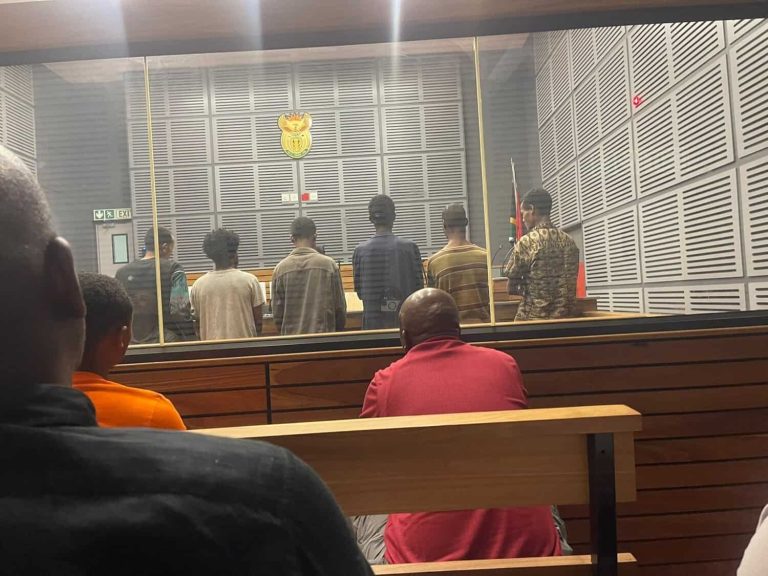
Detained leader of the Indigenous People of Biafra (IPOB), Mazi Nnamdi Kanu, has filed a fresh motion before the Federal High Court in Abuja, asking the court to strike out all pending charges against him and order his immediate release.
The motion, dated October 30, 2025, and titled “Motion on Notice and Written Address in Support,” argues that no valid or existing Nigerian law supports any of the charges currently before the court. Kanu insists that the entire case against him is “a nullity ab initio for want of any extant legal foundation.”
Representing himself, the IPOB leader filed the application pursuant to Sections 1(3), 6(6)(b), and 36(12) of the 1999 Constitution, as well as the Evidence Act 2011 and the Terrorism (Prevention and Prohibition) Act (TPPA) 2022.
Kanu contends that the federal government built its case on repealed and non-existent statutes, including the Customs and Excise Management Act (CEMA)—which was repealed by the Nigeria Customs Service Act 2023—and the Terrorism Prevention (Amendment) Act 2013, which ceased to exist after the enactment of the TPPA 2022.
He argues that relying on defunct laws violates Section 36(12) of the Constitution, which forbids trying any individual for an offence not defined under an existing law. As a result, he urged the court to strike out all charges, stressing that they do not disclose any offence known to Nigerian law.
Kanu further referenced the Supreme Court’s judgment in FRN v. Kanu (SC/CR/1361/2022), maintaining that all courts are required under Section 122 of the Evidence Act 2011 to take judicial notice of repealed laws. Failure to do so, he said, renders all legal proceedings void.
The IPOB leader also argued that the alleged offences occurred in Kenya, which triggers Section 76(1)(d)(iii) of the TPPA 2022, requiring a Kenyan court’s validation before Nigeria can assume jurisdiction.
He asserted that the government’s failure to meet this requirement nullifies the court’s extraterritorial jurisdiction and violates Article 7(2) of the African Charter on Human and Peoples’ Rights.
He noted that the Constitution prevails over all laws and judicial actions, citing landmark cases such as Aoko v. Fagbemi (1961) 1 All NLR 400 and FRN v. Ifegwu (2003) 15 NWLR (Pt. 842) 113, where convictions based on non-existent laws were set aside.
Kanu asked the court to compel the prosecution to reply to his application strictly on points of law within three days, and to deliver its ruling on or before November 4, 2025.
He emphasized that his motion raises pure questions of law derived from existing statutes, and therefore does not require the support of any affidavit.



